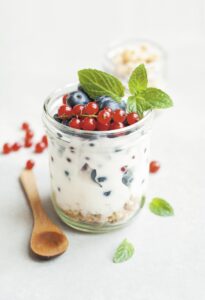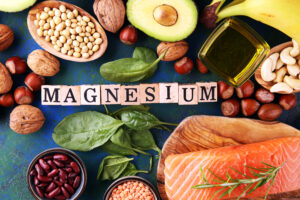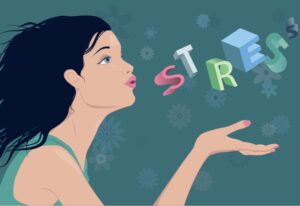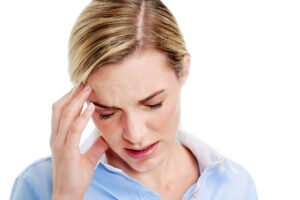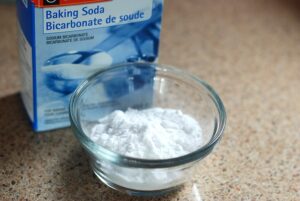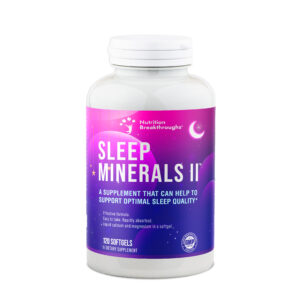 Research studies on the benefits of vitamin D for postmenopausal women have had conflicting results, with some showing no benefit and others showing great benefits for muscle, bone, reduced falls and lower fracture risk.
Research studies on the benefits of vitamin D for postmenopausal women have had conflicting results, with some showing no benefit and others showing great benefits for muscle, bone, reduced falls and lower fracture risk.
Now a new study has emerged from researchers in Sao Paulo Brazil which has conclusively shown that vitamin D supplements can reduce loss of muscle, increase muscle strength, and lessen the risk of falls after menopause.
Vitamin D is known as the “Sunshine Vitamin” because spending time outdoors in the sun is known to increase vitamin D levels in the body via the skin.
Our ancestors spent a considerable amount of their time outdoors, but for the first time in history, large amounts of the world population spend most of their time inside their offices and homes. This has lead to a widespread vitamin D deficiency. Spending some time in the sun a few days a week is good, and when taking supplements, vitamin D3 is the best form.
Besides strengthening muscle and bone, researchers have also discovered that vitamin D helps to regulate the sleep-wake cycle and its deficiency has a role in the current global epidemic of sleep disorders. This makes vitamin D a vital benefit in insomnia, which is another condition that can often plague menopausal women.
The newest vitamin D study from Brazil focused on muscle strength in postmenopausal women and took place over a nine-month period. It was a placebo controlled trial and was double-blinded – which means that neither the participants nor the researchers knew which women received the vitamin D and which didn’t.
Three types of tests were used to measure muscle strength: A chair rising test that measured leg strength when standing up from a chair, a total body x-ray, and a hand-grip test.
At the conclusion of the trial, the women who received the placebo ended up having reduced muscle mass and muscle degeneration of 6.8%. They also had twice as many falls as the vitamin D group. On the other hand, the women who took the vitamin D supplement had a major increase in their muscle strength of over 25% — even when taken 12 years after menopause. The results of the research were presented at the annual meeting of the North American Menopause Society.
Dr. L.M Cangussu of the Botucatu Medical School at Sao Paulo State University in Brazil said: “We concluded that the supplementation of Vitamin D alone provided significant protection against the occurrence of sarcopenia, which is a degenerative loss of skeletal muscle.”
Vitamin D has many vital roles in the health of the body, including supporting the heart, brain and nerves. Additionally, a study from the Journal of Investigative Medicine found that vitamin D is a strong boost to immunity and that deficiency is common in autoimmune disease – a group of diseases where the body’s immune system attacks healthy cells by mistake. These include multiple sclerosis, rheumatoid arthritis, diabetes and inflammatory bowel disease.
Some good vitamin D-rich foods include cod liver oil, sardines, salmon, mackerel, eggs and herring. The best supplement form to take is vitamin D3, as this is the natural form made by the sun on skin, rather than D2.
This natural health news is provided by Nutrition Breakthroughs, a publisher of nutrition articles and supplier of effective natural remedies since 2001. Nutrition breakthroughs makes Sleep Minerals II, the effective natural sleep aid with calcium, magnesium and vitamin D3.


